Nuclear power plants have been safe from war for decades. The Additional Protocol to the Geneva Conventions stipulates that nuclear facilities should not be targeted, even for strategic military advantage. However, the Russia-Ukraine war has shattered this taboo, as neither Moscow nor Kyiv respects the nuclear no-go zones, setting a dangerous precedent.
The latest incident occurred in Zaporizhzhya at the end of last week when Russian troops allegedly set fire to the cooling tower of the nuclear power plant. Since then, a similar incident has taken place, leading to a tense standoff from the other side: Ukrainians detonated an explosive device near the plant. Following this, the Director General of the International Atomic Energy Agency (IAEA) emphasized that there is, once again, an escalation of nuclear safety and security risks at the facility.
According to security expert Istvan Gyarmati, although the consequences of these incidents are very serious, they have become almost a normal part of wartime situations.
The biggest concern for soldiers fighting in the war is not the location of borders they are not allowed to cross - this is something they find difficult to understand or accept. These situations occur despite all intentions,
– the expert pointed out. He explained that the only truly reliable solution to these problems would be to end the war.
The main drawback of international law is that, although the provisions are clear and precise, there is no automatic enforcement mechanism.
He suggests that deploying armed forces to guard the facilities in question could, to some degree, provide a solution, but he also believes the chances of this happening are slim.
Theoretically, the United Nations Security Council could address this issue, but it is hampered by the fact that its members have conflicting interests and veto power.
With the ongoing Russia-Ukraine war, there is heightened preparedness in the Middle East due to the risk of a regional war erupting. Mr. Gyarmati said he "cannot imagine" nuclear weapons being deliberately used in the region, although he acknowledged that the scenario cannot be completely ruled out.
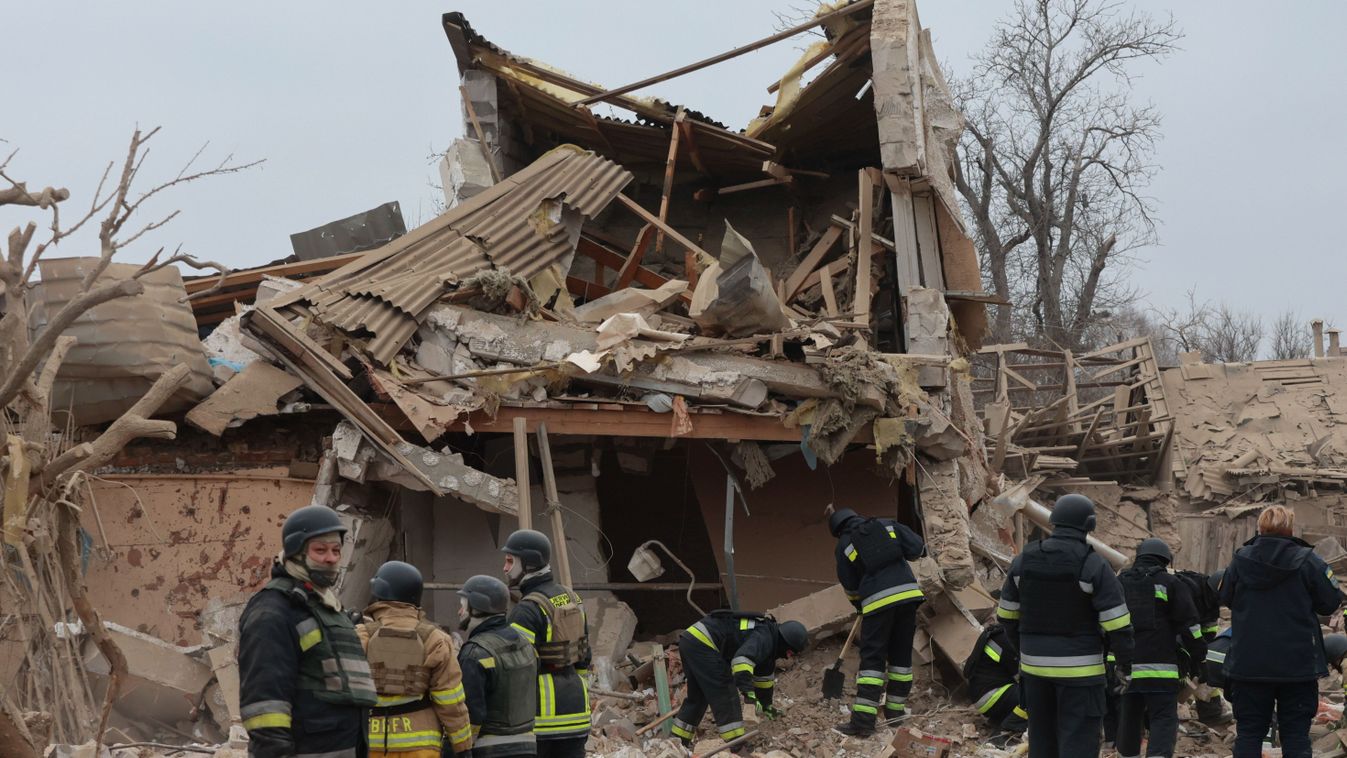
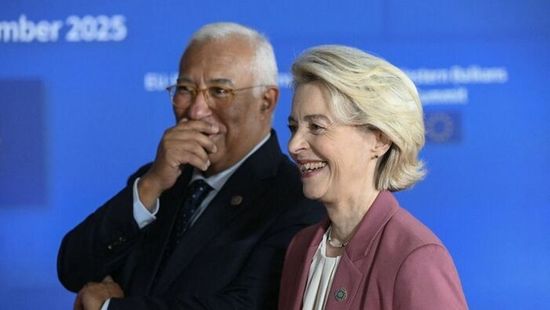
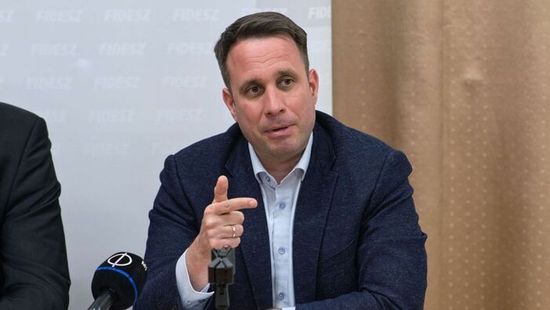
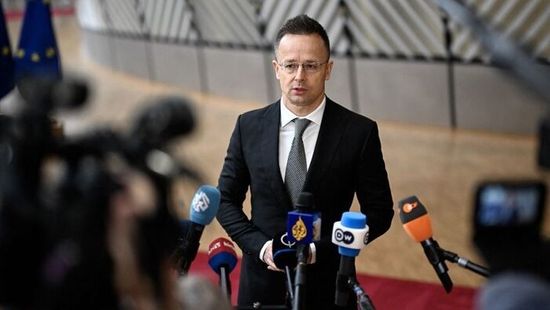
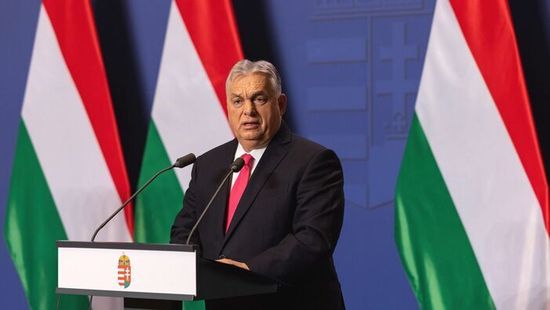

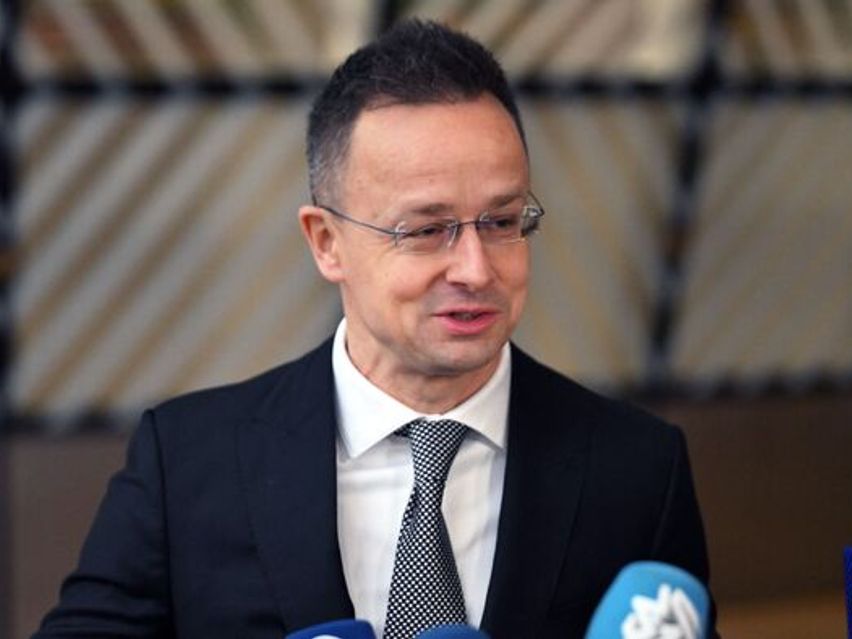






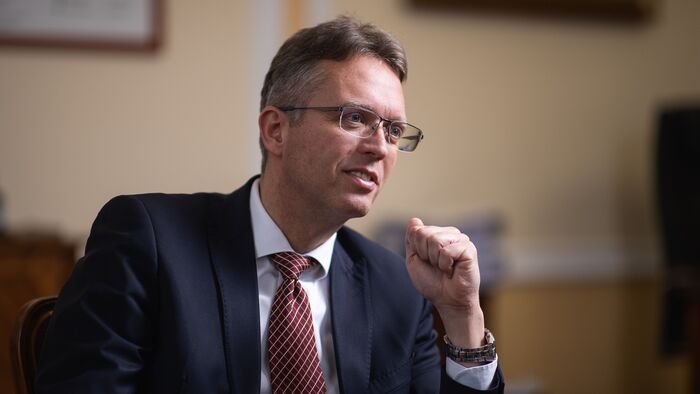

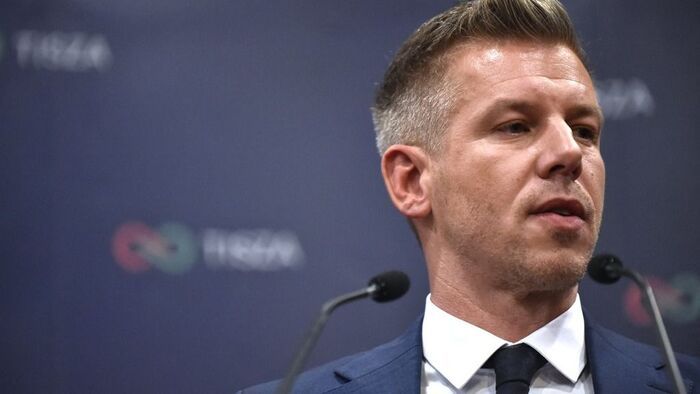
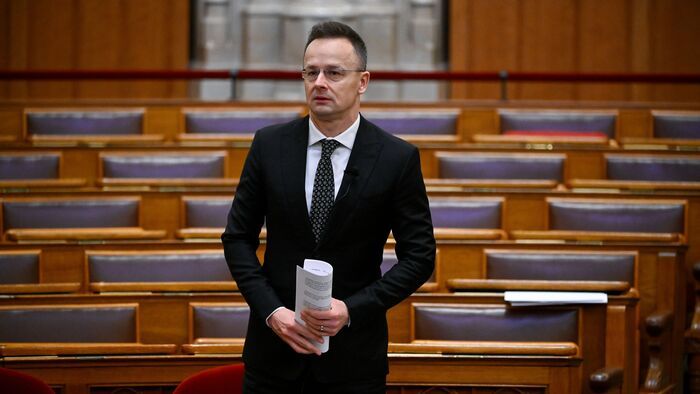
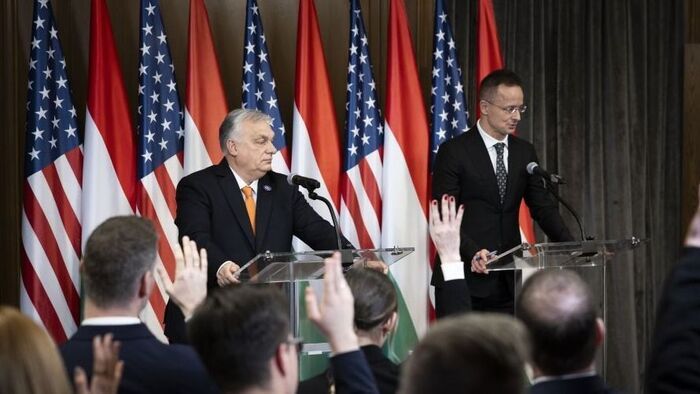





Szóljon hozzá!
Jelenleg csak a hozzászólások egy kis részét látja. Hozzászóláshoz és a további kommentek megtekintéséhez lépjen be, vagy regisztráljon!